Meet Emma Mills, BSc Psych, author of meditation handbook, Inhale, Exhale, Repeat published by Penguin Random House, and the mindfulness expert on the wellness board of advisors at Neom Organics.
Her work has been featured by The Telegraph, Lonely Planet, Waitrose Magazine, Psycologies, Womens Health, Cosmopolitan and Red Magazine.
Tell us a bit about your journey to working in the health & wellness industry?
I started studying psychology in 2004, and in 2009 having finished my formal studies, I began working with the charity MIND. I specialised in the use of literature as a therapeutic device while working at MIND and my interest in meditation was something I practiced outside of my work there. I set up Emma Mills London in order to share the fantastic modalities I had been using in my work at MIND, with a new audience.
Over the years the face of my work has changed, from politics, to psychology, through meditation and poetry and for me they are all part of the same exploration. Which is happiness.
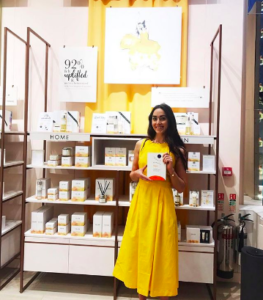
What inspired you to write your meditation handbook; Inhale, Exhale, Repeat?
I wanted to make the joy of self discovery, poetry and meditation accessible to my friends and contemporaries. At the same time I wanted to show them how the insights gained within the practice sessions can be applied very practically to every day scenarios like falling in love, having a job, eating healthily, loving your self and others, sleeping and socialising.
It’s not that I think meditation is a tonic to cure all ills; o’contraire! Instead, I see that every day life is the stage upon which we not only get to explore our happiness, but get to refine our ever evolving understanding of the truth of things. We’re all learning.
Meditation is a very normal every day thing to do. I love it, and I have a real spiritual and scientific interest. Yet I also love fashion, literature, art, travelling, nature, fun and friendship and whether it’s at workshops or on social media I try to share my meditational work in the context of my every day usual enthusiasms, rather than as something uber exotic.
There are two lovely poems that come to mind here. The first is by Hafez and it’s called ‘Where great lions like to piss’ and the second is ‘Footnote to Howl’ by Alan Ginsberg .
These poems tell us that meditation is special….but so is everything else. Hoorah! The chat at the office over lunchtime coffee. The commute. Comforting our neighbour. The dreams we have at night. The pedicure, the party and the high heeled shoe. The church service. The break up and the wedding.
“Everything is holy! everybody’s holy! everywhere is holy! everyday is in eternity! Everyman’s an angel!
The bum’s as holy as the seraphim! the madman is holy as you my soul are holy!
The typewriter is holy the poem is holy the voice is holy the hearers are holy the ecstasy is holy!”
—Extract Ginsberg
What does ‘mindfulness’ mean to you?
When I am mindful I am at one with and aware of life as it unfolds moment to moment.
Tell us a bit more about the work you do with wellbeing brand, Neom Organics?
I’ve been on the wellbeing board at Neom for about 4 years now and I help them to include meditation and mindfulness expertise in their product range and service provisions. I write articles, share tips and ideas on the topic of mindfulness for their social media and product inserts and also host events.
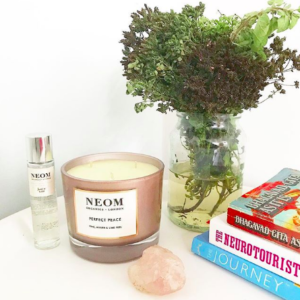
Several years ago I created and recorded a set of exclusive guided audio meditations for Neom to use in their new wellbeing spa treatments. You can try the treatments at the Neom stores as well as within participating spas in the UK.
What are your thoughts on the increasing visibility and importance of Wellness in the workplace?
I don’t think a business can be sustainable without effective wellbeing programmes in place. Professionals are increasingly health conscious and a workplace that offers exciting, personalised wellness incentives and design can be really attractive.
Many brands are being called to greater transparency and people want to see behind the scenes — on social media or as part of live tours, exactly what it’s like to work somewhere.
I recently visited the Morgan car factory, which is in the malvern hills. It seems to be a fantastic place to work and I was so inspired to see the happy, talented staff and the incredible thought and craftsmanship involved.
What do you think are the biggest challenges businesses face in creating a more mindful working culture?
One challenge that I am interested in is the lack of presence and self-awareness in customer service and customer facing
roles. It’s important for brands to be customer centric because people want to feel listened to and cared for. Staff need to have the skills to be mindful so that they notice the small details that will enable them to provide not only a creative solution but thoughtful personalised gestures.
Reduced attention spans and rising deliverables mean people are less able to offer their undivided care and attention.
What’s your approach to embedding a more mindful working culture? 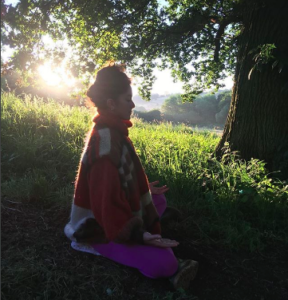
There’s no one size fits all but there are several key areas I find to be important: the physical environment, creativity, mindfulness & communication skills, stress management, personalisation & an encouragement of a holistic healthy lifestyle.
How do you incorporate mindfulness into your own working day?
I try to set out into my working day with an attitude of embracing and discovery, not knowing exactly what I’ll encounter. It’s a learning journey that never ends.
For a meditation novice, where would you recommend they start?
Start by reading a simple meditation book like ‘Inhale. Exhale. Repeat’ and by taking a class or short course.
If you’re self starting with a book, remember to approach the whole thing with a relaxed attitude of discovery and not to over do it time wise – two minutes is a good place to start
If you have a little spark of interest in the topic of meditation then you are already half way there. To have the interest blossoming inside you, is a very wonderful thing.
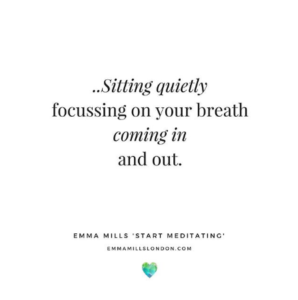 Recommended resources for building mindfulness into your working day:
Recommended resources for building mindfulness into your working day:
- Inhale. Exhale. Repeat meditation guide book.
- A small book of poems.
- A journal to note down your thoughts and also any good quotes or ideas your heard.
- A plant for your desk.
- An inner commitment to continued learning, practicing and training.
- Compassion for others and yourself.
- Knowledge of how to meditate. Once you are comfortable with it, the quality it adds to your working life is invaluable.
What benefits should people see as they become more mindful?
Becoming more mindful is a reward in itself. With it follows all number of pleasant surprises.
Tell us about your meditation and wellness workshops?
All of my clients work with people. Bankers and business people, studio and salon owners, therapists, creatives and those in fashion to name a few.
It’s really important for them that they feel well in themselves and do well in their work. Many of them have already discovered meditation and want to share the benefits with their colleagues and clients.
For example, one of my wellness clients finds it hard to help her clients relax enough to breathe properly, enjoy in the moment and make the most of the session. Another client feels that constant time pressure stops them being able to produce quality creative work. She wants to do well without feeling like she is in a rush all the time. Another wants to better manage the massive difference in personalities at work, feeling confident in his conversations.
As well as working well, they want to be in touch with what really inspires them and makes them happy. To have the time and space to refine their unique talents so that they can share them with the world.
I created PIP to improve the depth and quality of your work enabling you to turn your meditation into a practical working skill set. It marries mindfulness, coaching and personal development for business success.
Check out Emma’s latest classes and workshops or find Emma on Instagram
Buy Emma’s meditation handbook on Amazon
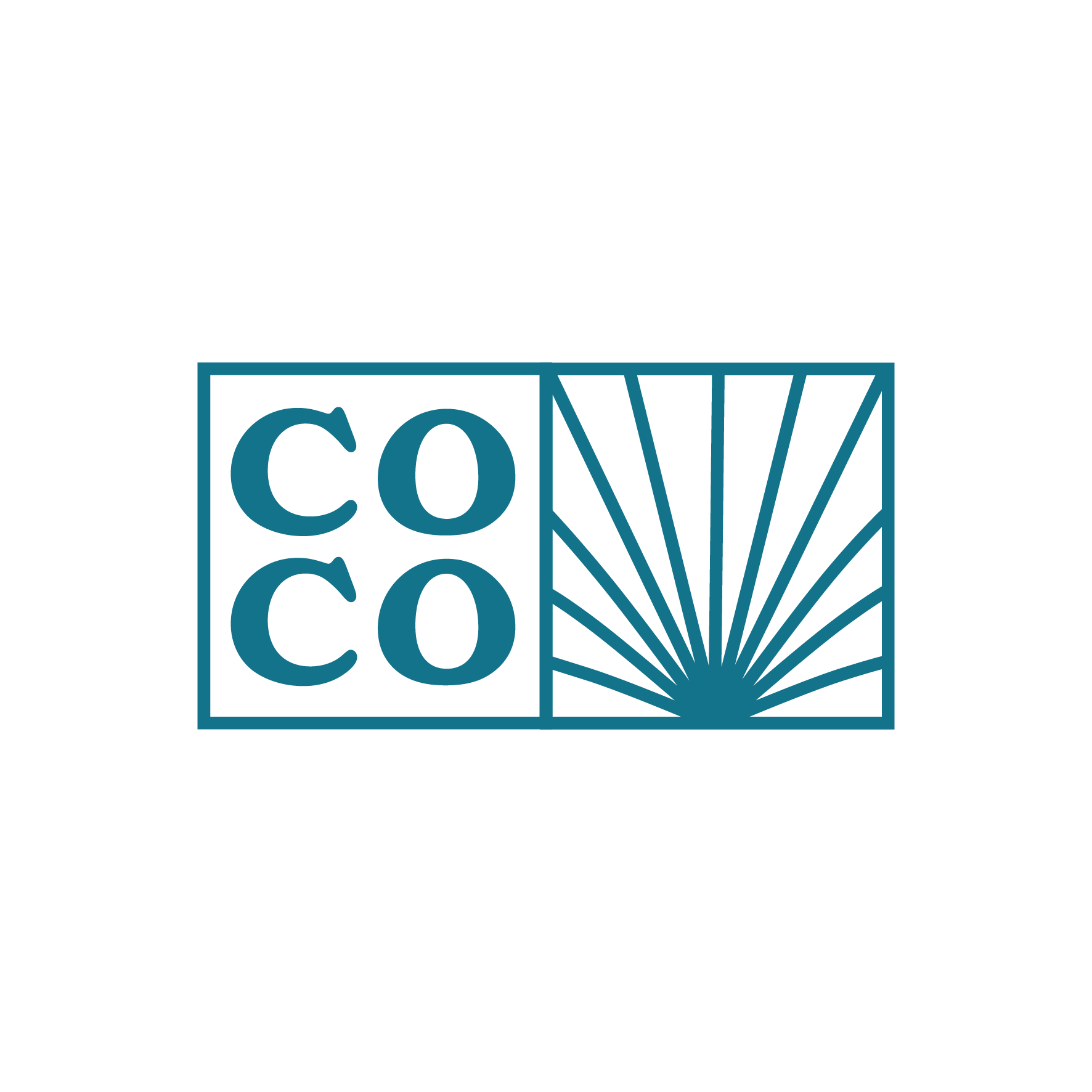
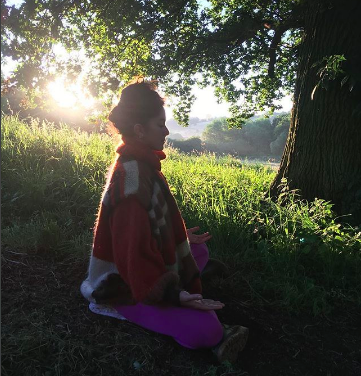
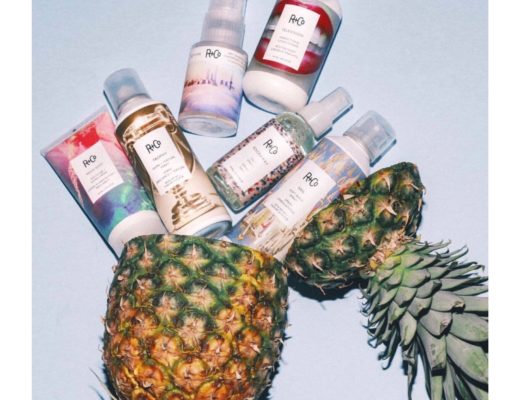

No Comments